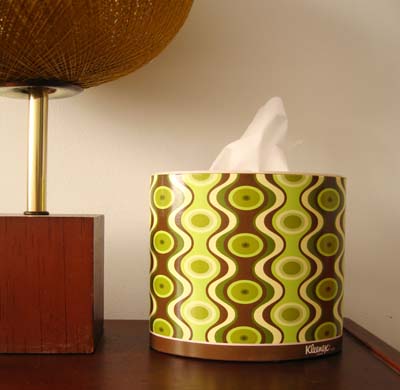
Last week I started cleaning out my cancer closet. This week I’m continuing the job. In my filing cabinet, I discovered a list I made called 32 Ways To Spend My Time. I wrote it while living in limbo-land after my first treatment. I was well enough to get out of the house most days. But I didn’t have enough reliable physical energy to start finding a job, get off disability, and tackle a normal work week. I felt lazy, cabin fever stir-crazy, unproductive, and anxious to have a life again. So I created a list of productive (and inexpensive) ways to spend my time. My list included:
Update my address book * Visit my great uncle * Learn geography * Listen to new kinds of music * Find new and unusual museums to visit * Stretch * Reduce and donate my belongings * Do drop-in volunteer work * Find a dog that needs to be walked * Make thank you collages for people who had helped me out.
To other 28-year-olds, this list must have seemed elementary. To me it was monumental and gave me purpose. Many of the tasks on the list I could do even on days when I wasn’t feeling well.
When I interviewed young adult cancer patients for my book Everything Changes, the most frequent comment I heard was that life after treatment was the toughest part of the cancer experience. After treatment is often the first time many of us have to stop and think about all that has just happened to us. It was important for me to pay attention to these feelings, but I didn’t want to do it 24/7. This list helped give me some focus and direction. No matter how simple or how trivial the tasks, I needed to have a life outside of my sick bed. How ironic that one of the items on my list was “Get a tape recorder, interview people, and make a project out of it.”
What was life like for you after a prolonged period of illness or treatment? Did you find satisfying ways to spend your time? Were you financially or physically limited by what you were able to do? How did you handle it?
![]()
![]()



 “Everything Changes is, without doubt, the most forthright, emotionally sophisticated, and plain-old valuable book of its kind I've seen.”
“Everything Changes is, without doubt, the most forthright, emotionally sophisticated, and plain-old valuable book of its kind I've seen.”












